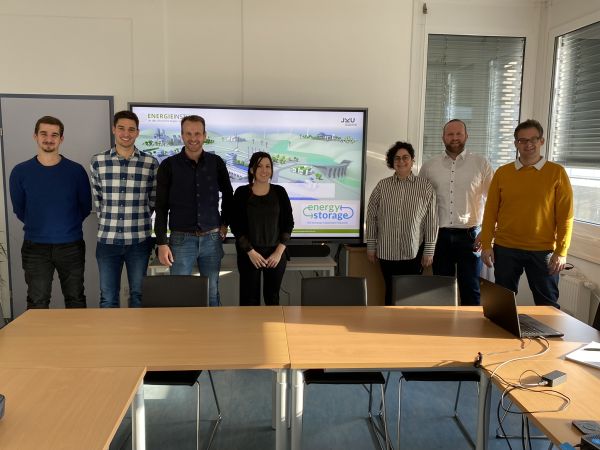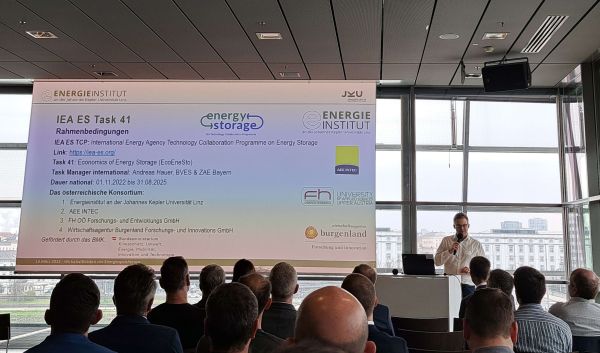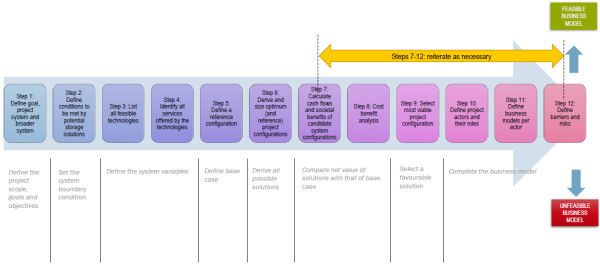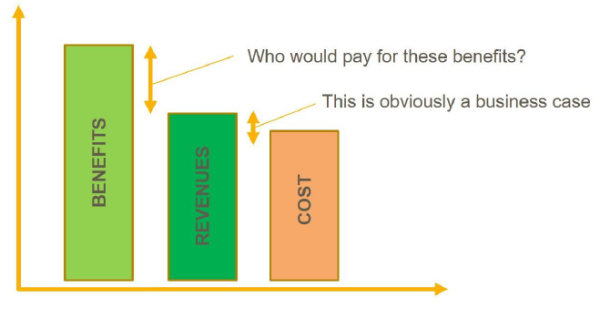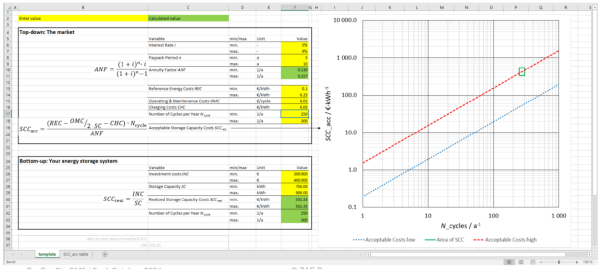IEA ES Task 41: Economics of Energy Storage
Short Description
The transformation of the energy system is often only discussed in terms of the expansion of renewable generation plants. The potential of energy storage receives rather little attention. The IEA ES Task 41 of the International Energy Agency (IEA) aims to quantify the value of energy storage as well as to derive promising business models from it. For this purpose, thermal, electrical and chemical storage technologies are systematically evaluated.
The content of the task will be developed in 4 subtasks: In Subtask A, existing methods for the evaluation of economic viability will be collected and further methods be developed. In Subtask B, maximum acceptable energy storage costs are estimated. In Subtask C, existing success stories of energy storage systems are collected. Subtask D aims to use the compiled information from Subtask A-C to create a systematic evaluation of energy storage systems and thus create energy storage configurations for successful business cases.
The four subtasks will elaborate the set goals of the task. The expected results are as follows:
- Collection of methods to evaluate the economic viability of energy storage systems for specific applications
- Definition of key performance indicators (KPIs) to evaluate the economics of energy storage
- Inventory of economically interesting energy storage configurations and deriving preferable conditions for energy storage operation in actual applications (technical and non-technical)
- Identification of difficult cases in which existing benefits of energy storage solutions cannot be transferred into possible business cases
- Comparison of energy storage configurations to solutions with other flexibility measures and to systems without energy storage
- Analysis of the influence of regulatory framework conditions on possible energy storage business cases by listing specific examples
- Establish a framework for the development of business cases for energy storage
A national communication strategy ensures a bilateral transport of knowledge and results. National findings are collected by the Austrian participation and brought to the task level in order to compare and disseminate them there. Conversely, the findings of the international partners are to be transported to Austria and made accessible to the national stakeholders in an interest-specific manner.
Project Images
Terms of use: The pictures listed underneath the header “Project Pictures” originate from the projects in the frame of the programmes City of Tomorrow, Building of Tomorrow and the IEA Research Cooperation. They may be used credited for non-commercial purposes under the Creative Commons License Attribution-NonCommercial (CC BY-NC).
Publications
Workshop "The Economics of Energy Storage" (19. March 2024, Linz)
Project Partners
Project leader
Simon Moser
Energieinstitut an der JKU Linz
Altenberger Straße 69, 4040 Linz
E-Mail: moser@energieinstitut-linz.at
Project employee
Stefan Puschnigg
Energieinstitut an der JKU Linz
Altenberger Straße 69, 4040 Linz
E-Mail: puschnigg@energieinstitut-linz.at
Project partners
- AEE INTEC
- FH OÖ Entwicklungs- und Forschungs GmbH
- Wirtschaftsagentur Burgenland Forschungs- und Innovations GmbH
Participants
Australia, Austria, Canada, Denmark, France, Germany (Operating Agent), Italy, Japan, Slovenia, Spain, Sweden, Switzerland, The Netherlands, Turkey, UK, and USA

